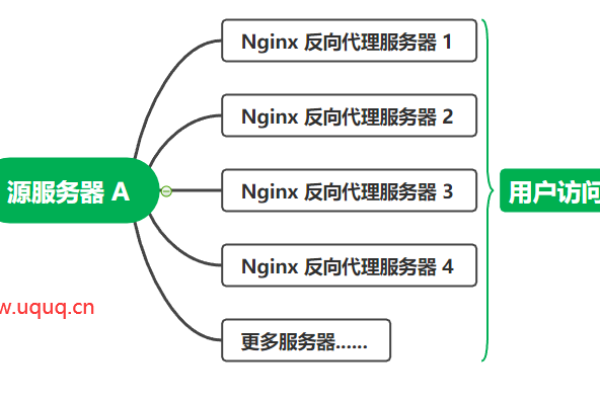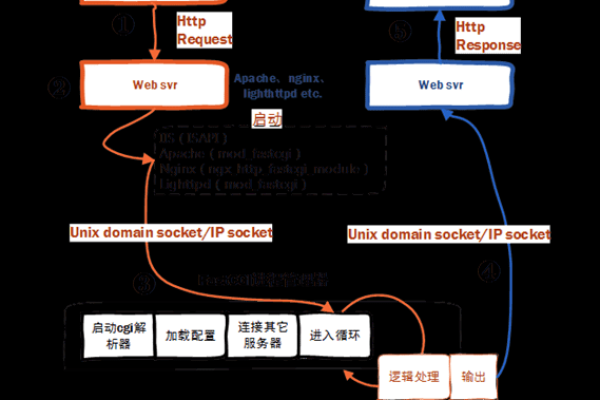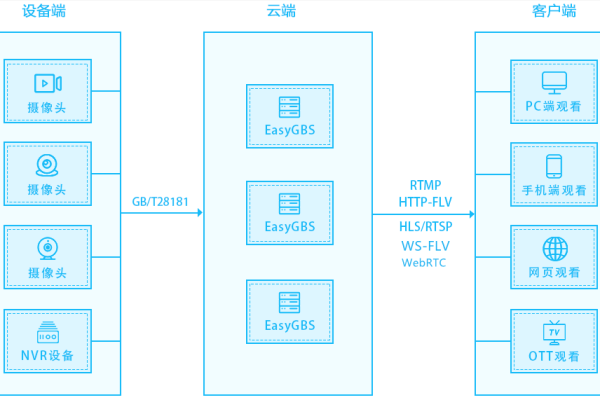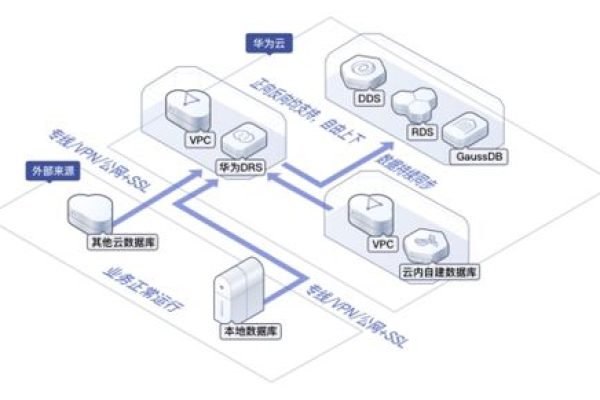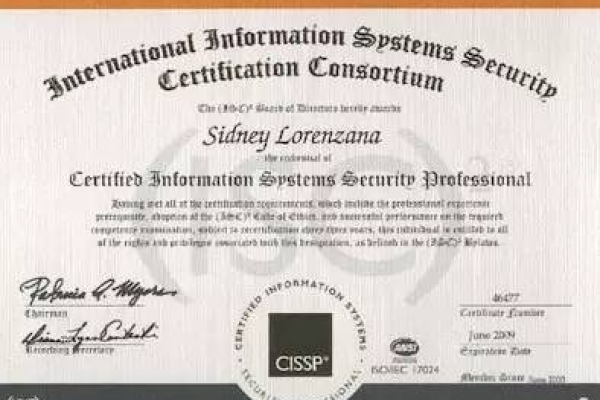如何通过Nginx配置来设置静态页面的访问?
- 行业动态
- 2024-10-10
- 2
,location / {, root /path/to/your/static/files;, index index.html;,},`
,,将/path/to/your/static/files`替换为静态文件所在的目录。
Nginx配置静态页面访问的方法
Nginx 是一个高性能的HTTP和反向代理服务器,广泛用于提供静态内容服务,本文将详细介绍如何在Nginx中配置静态页面的访问方法,包括安装、配置文件的编写以及常见问题的解决。
1. 安装Nginx
在开始配置之前,首先需要确保Nginx已正确安装,以下是一些常见操作系统下的安装命令:
Ubuntu/Debian:
sudo apt update sudo apt install nginx
CentOS/RHEL:
sudo yum install epel-release sudo yum install nginx
macOS (使用Homebrew):
brew install nginx
2. 配置Nginx以提供静态页面
假设我们有一个静态页面目录/var/www/html,下面是一个基本的Nginx配置示例。
步骤:
1、打开Nginx配置文件:
通常位于/etc/nginx/nginx.conf 或/etc/nginx/sites-available/default,你可以使用文本编辑器来编辑它,例如nano 或vim。
sudo nano /etc/nginx/sites-available/default
2、编辑配置文件:
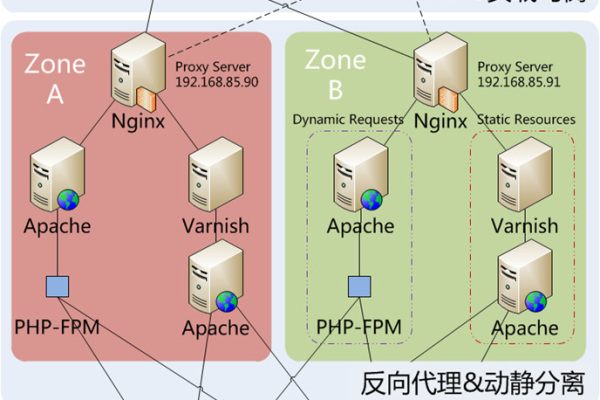
在文件中添加或修改以下内容:
server {
listen 80;
server_name example.com; # 替换为你自己的域名或IP地址
location / {
root /var/www/html; # 静态文件的根目录
index index.html index.htm; # 默认首页文件名
}
}
3、保存并退出编辑器:
在nano 中按Ctrl + O 保存文件,然后按Ctrl + X 退出。
4、测试Nginx配置:
在重新加载Nginx之前,最好先测试一下配置文件的正确性。
sudo nginx -t
5、重新加载Nginx:
如果配置文件没有错误,重新加载Nginx服务使配置生效。
sudo systemctl reload nginx
3. 验证配置
打开浏览器,访问你的服务器地址(例如http://example.com),你应该能看到你放在/var/www/html 目录下的静态页面。
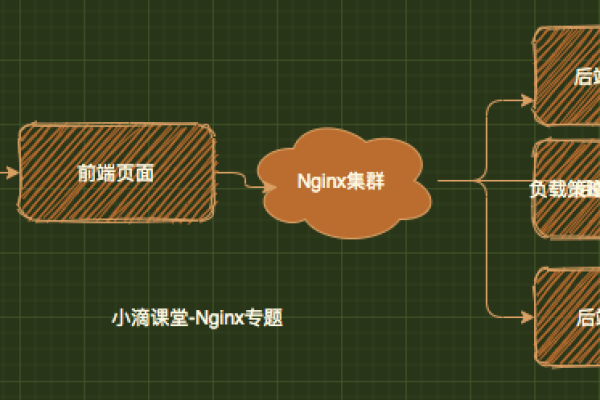
常见问题与解答
问题1:为什么无法访问静态页面?
可能原因及解决方法:
1、Nginx未启动或未正确加载配置:
确保Nginx服务正在运行,并且没有错误日志,可以使用以下命令检查Nginx状态:
sudo systemctl status nginx
如果Nginx未启动,可以使用以下命令启动:
sudo systemctl start nginx
2、防火墙设置:
确保服务器的防火墙允许HTTP流量(端口80),在UFW防火墙上可以使用以下命令开放端口:
sudo ufw allow 'Nginx Full'
3、DNS解析问题:
确保你的域名正确解析到服务器的IP地址,可以使用ping 或dig 命令进行测试。
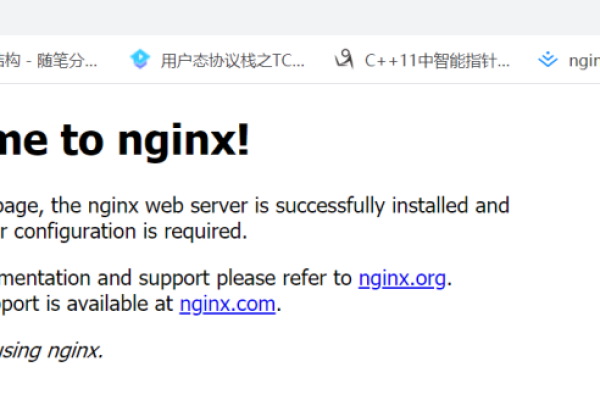
ping example.com
dig example.com
4、配置文件错误:
确保Nginx配置文件语法正确,可以使用以下命令检查配置文件:
sudo nginx -t
问题2:如何为不同的域名配置不同的静态页面?
如果你有多个域名并希望每个域名指向不同的静态页面目录,可以在Nginx配置文件中添加多个server 块。
server {
listen 80;
server_name domain1.com; # 第一个域名
location / {
root /var/www/domain1; # 第一个域名的静态文件目录
index index.html index.htm;
}
}
server {
listen 80;
server_name domain2.com; # 第二个域名
location / {
root /var/www/domain2; # 第二个域名的静态文件目录
index index.html index.htm;
}
}
通过这种方式,你可以为每个域名配置独立的静态页面目录,记得在每次修改配置文件后,重新加载Nginx配置:
sudo systemctl reload nginx
这样,你就可以轻松地在Nginx中配置和管理多个静态页面的访问了。
到此,以上就是小编对于“Nginx配置静态页面访问的方法”的问题就介绍到这了,希望介绍的几点解答对大家有用,有任何问题和不懂的,欢迎各位朋友在评论区讨论,给我留言。

